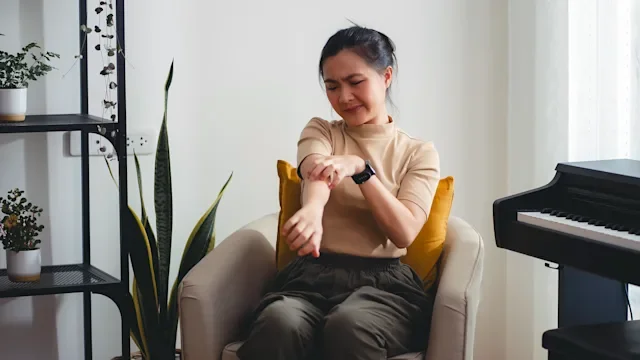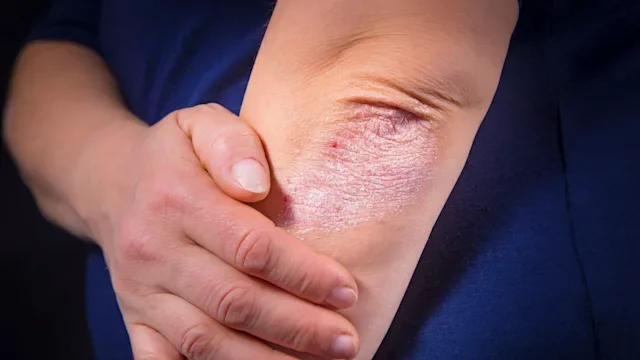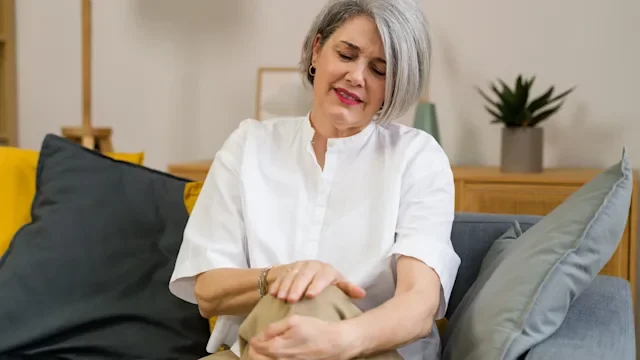The vicious cycle of stress can wreak havoc on many facets of your life — and psoriasis is certainly not excluded. Stress can worsen most unpleasant autoimmune reactions humans face. To make it worse, when a psoriasis flare happens, it can create more stress for you.
Heather Summe, MD, is a board-certified dermatologist in New York City. Dr. Summe is the Chief of the Division of Dermatology at Lenox Hill Hospital.
References
American Academy of Dermatology Association. (n.d.). What is psoriasis?
American Academy of Dermatology Association. (n.d.). Are triggers causing your psoriasis flare-ups?
Harvard Health Publishing. (2018). A deeper look at psoriasis.
National Psoriasis Foundation. (2025). About psoriasis.
National Psoriasis Foundation. (2025). Life with psoriasis.
National Psoriasis Foundation. (n.d.). Emotional impact.

Why trust our experts?














